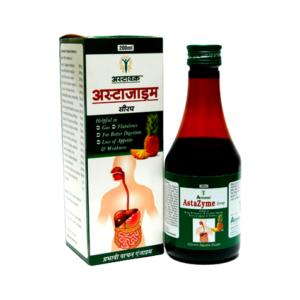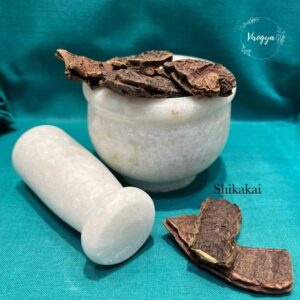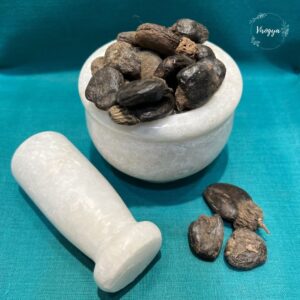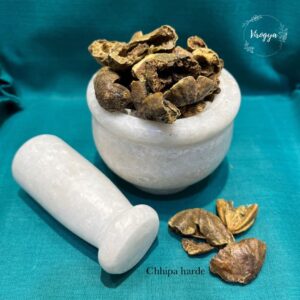Description
Singhada, also known as water chestnut, is an aquatic fruit widely consumed in India, China, and Southeast Asia. It grows in freshwater lakes, ponds, and marshes and is known for its high nutritional value. The fruit is commonly used in Indian cuisine, especially during fasting periods. Singhada is consumed fresh, boiled, or in powdered form as Singhada flour (Singhada atta). It is rich in carbohydrates, fiber, and essential minerals, making it a valuable addition to a balanced diet.
Singhada, or water chestnut, is an aquatic plant that produces a starchy, edible fruit. It is commonly found in India, China, and other parts of Asia, growing in ponds, lakes, and marshes. The fruit is widely used for its nutritional and medicinal benefits, especially during fasting in India.
Health Benefits
- Rich in Antioxidants: Protects against oxidative stress.
- Boosts Digestion: High fiber content helps in digestion and prevents constipation.
- Good for Fasting: A common ingredient during Navratri and other Hindu fasts due to its high energy content.
- Supports Heart Health: Potassium helps regulate blood pressure.
- Strengthens Immunity: Contains essential minerals and antioxidants.
- Aids in Detoxification: Traditionally used to cleanse the system and support liver function.
Side Effects & Precautions
- Excessive consumption may cause bloating.
- Not suitable for people with low blood pressure due to its potassium content.
- Should be consumed fresh to avoid spoilage.
Conclusion
Singhada is a highly nutritious and versatile aquatic fruit, offering multiple health benefits and culinary applications. Whether consumed raw, boiled, or in flour form, it remains a vital food in many cultures, especially in India. Its rich mineral content, ease of digestion, and fasting-friendly nature make it a preferred choice among health-conscious individuals. Additionally, its medicinal properties further enhance its value in traditional and Ayurvedic medicine.












